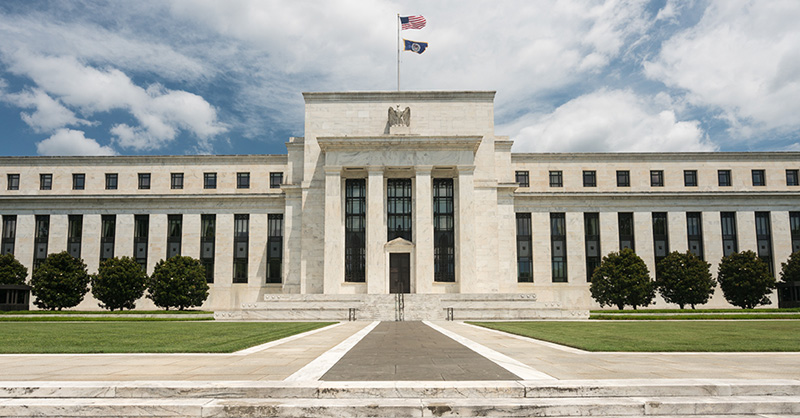All US banks should have to suspend dividends, share repurchases, possibly bonuses, Harvard study says
12 June 2020 16:54 by Neil Roland

The US Federal Reserve should make all banks suspend common dividends and share repurchases, and consider asking that they temporarily stop paying cash bonuses to senior executives, a study by Harvard University economists said, citing current risks to banks.
“Given the magnitude of the shock associated with the Covid-19 pandemic and the heightened level of macroeconomic uncertainty today, there are plausible scenarios that involve large losses and significant capital depletion at US banks,” the study released last week said.
The banks also should be encouraged to raise new common equity to bolster their capacity to provide credit, said the study led by Jeremy Stein, a former Fed governor.
Stein, in releasing the study at a webinar last week, said the Fed’s overall response to the pandemic has been “outstanding” except in bank regulation — “where it seems they’ve been somewhat too passive and behind the curve.”
He noted that regulators in other advanced economies — including the European Central Bank and the Bank of England, as well as in Australia, Canada and Switzerland — have been more active in encouraging banks to conserve capital.
Stein and two other Harvard professors who co-wrote the study also serve as unpaid consultants to the Federal Reserve Bank of Boston. A Harvard PhD candidate also was a co-author.
— Banks’ views —
Randal Quarles, the Fed’s vice chair for supervision, has suggested that the central bank is waiting to see its stress test results before deciding whether to suspend dividends or share repurchases. The 2020 test results are due out June 25.
The eight US systemically important banks have agreed to suspend share repurchases — but not dividends — through June 30.
A banking group took issue with the Harvard study’s recommendations because they apply to all banks.
“We fully support restricting the dividend payments of any bank whose capital level or stress test results indicate such an action is required by regulation,” a Bank Policy Institute blog this week said.
But it added, “A general policy banning dividends and forcing equity issuance whenever there is a serious adverse shock to the economy would make it more costly for banks to raise capital, reducing the supply of bank credit in good times and bad.”
Banks have extended about $800 billion in credit to non-financial businesses and households in the first quarter of 2020, the banking group said.
“Banks have been the heroes, not the villains, of the story,” it said.
James Gorman, Morgan Stanley’s chief executive, said this week that US banks should be allowed to continue paying dividends.
“We’re going to cover our dividend very easily this year,” he told bank clients at its annual financials conference, according to the Financial Times. “The worst is behind us for broader economic growth and employment.”
Related Articles
No results found
